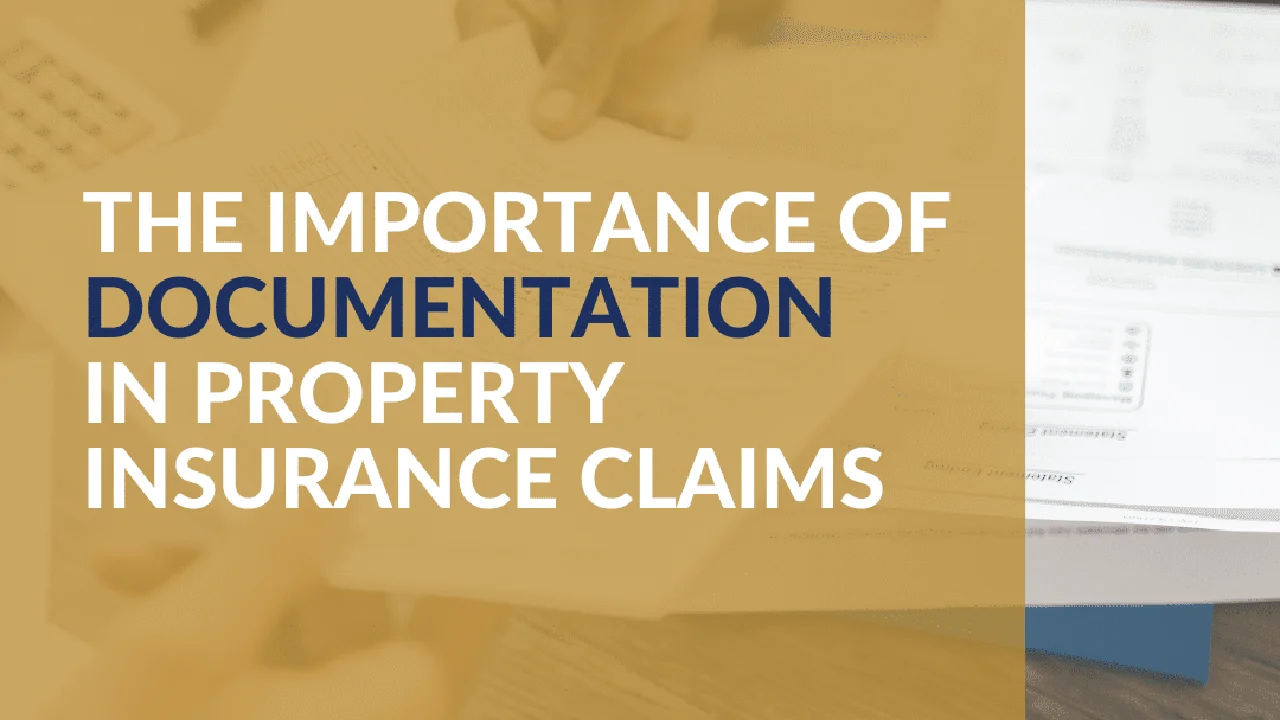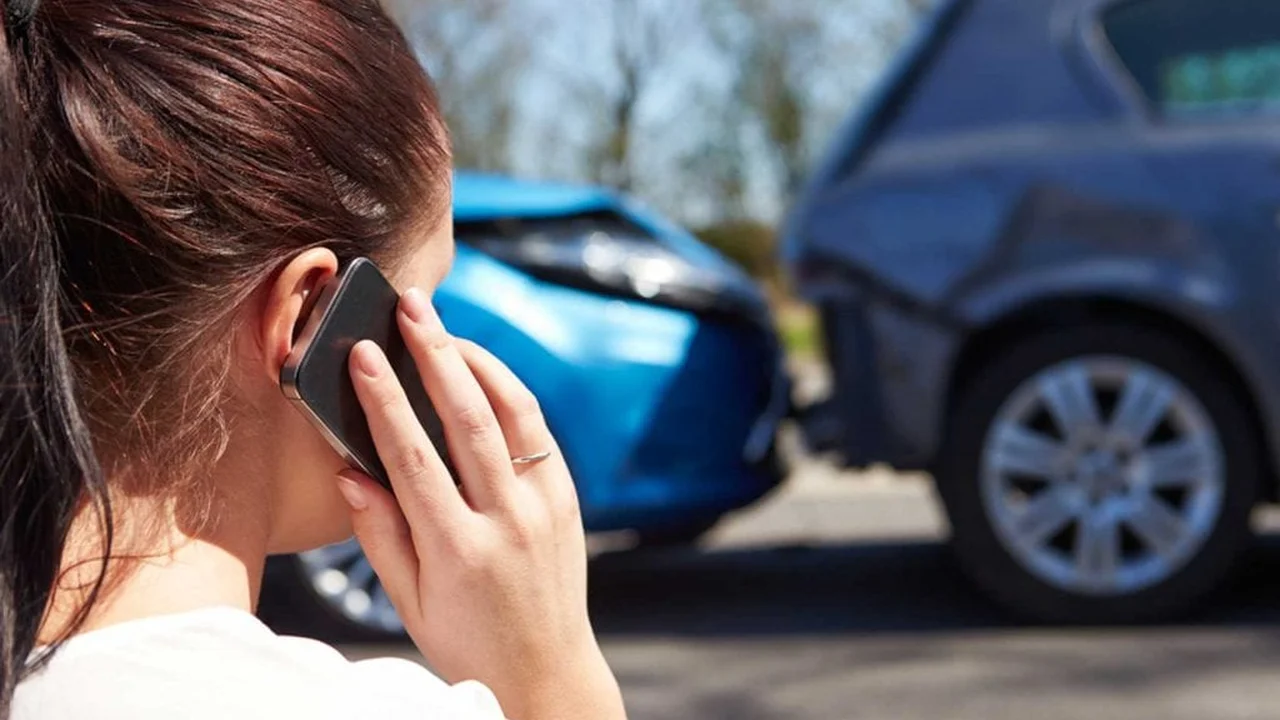The Importance of Documentation in Car Insurance Claims

Why Detailed Records Are Your Best Friend in Car Accident Car Insurance Claims
Alright, let's talk about something that might sound a bit boring, but trust me, it's super important when dealing with car insurance claims: documentation. Think of it as your secret weapon. When you get into a fender bender, or worse, your mind is racing, you're probably shaken up, and the last thing you're thinking about is taking meticulous notes. But believe me, those notes, photos, and receipts can make or break your claim.
So, why is documentation so crucial? Well, it's all about proving your case. Insurance companies aren't exactly known for handing out money freely. They need evidence. The more you can provide, the stronger your claim will be. Think of it like building a house – you need a solid foundation, and in this case, that foundation is documentation.
Essential Car Accident Documentation for Successful Insurance Claims: A Comprehensive Guide
What kind of documentation are we talking about? Glad you asked! Here's a rundown of the essentials:
- Police Report: This is ground zero. If the police came to the scene, get a copy of the report. It includes crucial details like the officer's assessment of the accident, witness statements, and citations issued. This is like the official record of what happened.
- Photos and Videos: In the age of smartphones, there's no excuse not to take photos and videos. Document everything – the damage to your car, the other car, the surrounding area, skid marks, traffic signs, and anything else that might be relevant. Videos are even better as they can capture the dynamics of the scene. Think of it as your visual evidence.
- Witness Information: If there were witnesses, get their names, phone numbers, and email addresses. Their accounts can corroborate your version of events and add weight to your claim. Witness statements are like extra backup for your story.
- Medical Records: If you or anyone else was injured, keep meticulous records of all medical treatments, doctor's visits, physical therapy sessions, and prescriptions. These records prove the extent of your injuries and the costs associated with them. Medical records are the hard evidence of your pain and suffering.
- Repair Estimates: Get multiple repair estimates from reputable auto body shops. This will give you a good idea of the cost to repair your vehicle and prevent the insurance company from lowballing you. Repair estimates are your financial roadmap to getting your car back on the road.
- Communication Logs: Keep a record of all communication with the insurance company, including dates, times, names of representatives, and summaries of conversations. This helps you track the progress of your claim and ensures that you have a clear record of what was said. Communication logs are your lifeline to staying organized.
- Lost Wages Documentation: If you had to miss work due to the accident or your injuries, document your lost wages with pay stubs or a letter from your employer. This will allow you to recover the income you lost as a result of the accident. Lost wages documentation helps you get back on your feet financially.
Specific Product Recommendations for Accident Documentation and Safety: Dash Cams, Accident Apps, and More
Okay, so now you know what to document. But how do you actually *do* it efficiently and effectively? Here are a few product recommendations that can help:
- Dash Cams: A dash cam is a small camera that mounts to your dashboard and continuously records video while you're driving. It's like having a silent witness in your car.
- Product 1: Vantrue N4 Pro 3 Channel Dash Cam: This is a top-of-the-line dash cam that records in 4K and has three channels – front, rear, and interior. It's great for capturing everything that's happening around your car, both inside and out.
- Use Case: Perfect for ride-sharing drivers or anyone who wants comprehensive coverage.
- Comparison: Compared to cheaper models, the Vantrue N4 Pro offers superior video quality and more features like parking mode and GPS tracking.
- Price: Around $300.
- Product 2: Garmin Dash Cam Mini 2: This is a smaller, more discreet option that still offers excellent video quality. It's easy to install and use.
- Use Case: Ideal for everyday drivers who want a simple and reliable dash cam.
- Comparison: Compared to larger dash cams, the Garmin Dash Cam Mini 2 is less noticeable and easier to hide.
- Price: Around $130.
- Product 1: Vantrue N4 Pro 3 Channel Dash Cam: This is a top-of-the-line dash cam that records in 4K and has three channels – front, rear, and interior. It's great for capturing everything that's happening around your car, both inside and out.
- Accident Apps: There are several apps available that can help you document an accident scene, collect information, and even file a claim.
- Product 1: WreckCheck: This app guides you through the process of documenting an accident, including taking photos, collecting witness information, and creating a report.
- Use Case: Great for anyone who feels overwhelmed after an accident.
- Comparison: Compared to manually documenting an accident, WreckCheck is faster, more organized, and less likely to miss important details.
- Price: Free (with in-app purchases).
- Product 2: Car Accident Report App: This app allows you to create a detailed accident report, including photos, witness statements, and a diagram of the accident scene.
- Use Case: Useful for creating a comprehensive record of the accident for insurance purposes.
- Comparison: Compared to other accident report apps, this one offers a more detailed and customizable report.
- Price: $4.99.
- Product 1: WreckCheck: This app guides you through the process of documenting an accident, including taking photos, collecting witness information, and creating a report.
- First Aid Kits: While not directly related to documentation, having a well-stocked first aid kit in your car is essential for dealing with injuries after an accident.
- Product 1: First Aid Only All-Purpose First Aid Kit: This is a basic but comprehensive first aid kit that includes bandages, antiseptic wipes, pain relievers, and other essentials.
- Use Case: Ideal for treating minor injuries at the scene of an accident.
- Comparison: Compared to DIY first aid kits, this one is pre-assembled and contains everything you need in a compact and organized package.
- Price: Around $20.
- Product 2: Surviveware Small First Aid Kit: This is a more advanced first aid kit that includes additional items like a CPR mask, trauma shears, and a first aid guide.
- Use Case: Useful for dealing with more serious injuries until professional medical help arrives.
- Comparison: Compared to basic first aid kits, this one offers more comprehensive supplies and is better suited for emergencies.
- Price: Around $40.
- Product 1: First Aid Only All-Purpose First Aid Kit: This is a basic but comprehensive first aid kit that includes bandages, antiseptic wipes, pain relievers, and other essentials.
The Importance of Prompt Documentation in Car Insurance Claims: Time is of the Essence
Here's a crucial point: document everything as soon as possible after the accident. Memories fade, details get fuzzy, and evidence can disappear. The sooner you start documenting, the more accurate and complete your records will be.
Don't wait until you get home or the next day. If possible, start documenting at the scene of the accident. Take photos, write down notes, and collect witness information while everything is still fresh in your mind.
How to Organize Your Car Accident Documentation for Easy Access During Insurance Claims
Once you've gathered all your documentation, it's important to organize it in a way that's easy to access and understand. Here are a few tips:
- Create a file: Dedicate a physical or digital file to your car accident claim. This will keep all your documentation in one place and prevent it from getting lost.
- Label everything: Label all your documents clearly and concisely. This will make it easier to find what you need when you need it.
- Make copies: Make copies of all your documents and keep them in a separate location. This will protect you in case the originals get lost or damaged.
- Scan everything: Scan all your physical documents and save them as digital files. This will make it easier to share your documentation with the insurance company.
Dealing with Uncooperative Parties and the Role of Documentation in Car Insurance Disputes
Sometimes, the other driver or the insurance company might be uncooperative. They might deny your claim, offer a low settlement, or refuse to provide information. In these situations, your documentation becomes even more important.
Your documentation can help you negotiate a fair settlement, file a lawsuit, and prove your case in court. It's your evidence, your ammunition, and your best defense against unfair treatment.
The Long-Term Benefits of Meticulous Car Accident Documentation for Future Insurance Premiums
Even if you don't need to file a claim right away, documenting an accident can still be beneficial in the long run. If you later develop injuries or discover additional damage to your car, your documentation can help you file a claim even months or years after the accident.
Furthermore, good documentation can help you protect your insurance rates. If you're not at fault for the accident, your insurance company shouldn't raise your rates. But if you don't have adequate documentation, they might try to blame you for the accident and increase your premiums.
Final Thoughts on Car Insurance Claim Documentation: Be Prepared, Be Thorough, Be Protected
Documentation might seem like a tedious task, but it's an essential part of the car insurance claims process. By being prepared, being thorough, and being organized, you can protect yourself, your finances, and your peace of mind.
So, the next time you're involved in a car accident, remember to document, document, document. It's the best way to ensure a fair and successful claim.
:max_bytes(150000):strip_icc()/277019-baked-pork-chops-with-cream-of-mushroom-soup-DDMFS-beauty-4x3-BG-7505-5762b731cf30447d9cbbbbbf387beafa.jpg)






